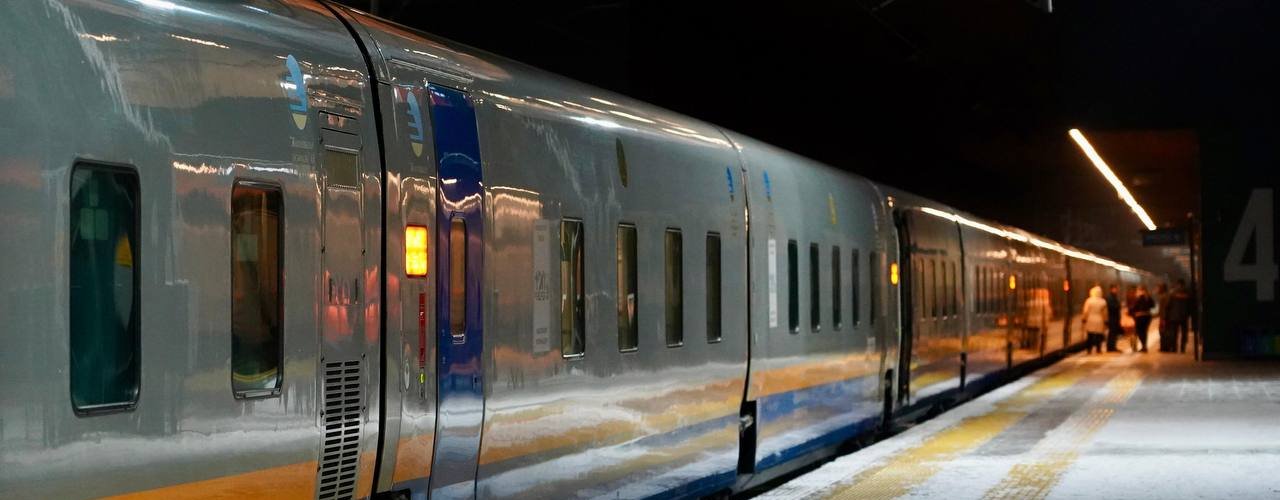
Passenger Transportation JSC launched a pilot project with the introduction of Internet access on train No. 3/4 Astana-Almaty, making it the first train in Kazakhstan to offer this service. The 17-hour journey saw 500 passengers benefiting from the ability to connect to the Internet while traveling.
Passengers used the service to make video calls via WhatsApp, watch YouTube videos, and access other popular online platforms. However, access to torrents and streaming download sites is restricted. Many passengers expressed that the availability of the Internet made the trip more comfortable and engaging, especially on long routes.
The Internet service on the train is powered by modern satellite technology. Satellite equipment installed on the locomotive ensures stable and high-speed connectivity throughout the journey.
"Introducing the Internet on trains is an important step in the development of passenger transport. We aim to make travel convenient and in line with the demands of the modern world, where access to information and communication is crucial. This project allows passengers to stay connected, work, and relax at the same time. In the future, we plan to expand the service, starting with providing Internet on all 15 Talgo train routes," said Anuar Akhmetzhanov, CEO of Passenger Transportation JSC.
The project was made possible through the collaboration of the Ministries of Digital Development, Innovation and Aerospace Industry, Transport, Jusan Mobile, and the official distributor of Eutelsat-OneWeb in Kazakhstan.
"The launch of the pilot project on a KTZ train using the Eutelsat-OneWeb low-orbit satellite constellation is a significant event in the digitalization of transport. Thanks to our partners, we’ve demonstrated that, even under challenging conditions, it’s possible to provide passengers with high-speed (50-100 Mbps) and reliable Internet. This success opens new possibilities for the country’s digital transformation and enhances the comfort of travel for Kazakhstan’s citizens," said Zhaslan Madiyev, Minister of Digital Development, Innovation and Aerospace Industry.
The project also includes mobile terminals for conductors to check tickets, chest video recorders for train staff, and video surveillance systems. All recordings are automatically saved to cloud storage, increasing the level of control and security.
Furthermore, the introduction of the Internet has changed payment methods in the dining car — passengers can now pay for their orders via POS terminals while on the move.



